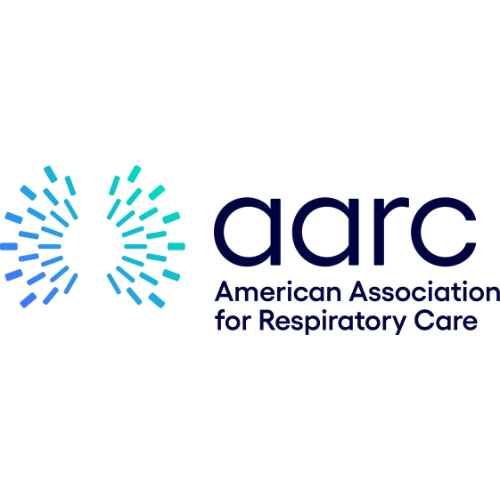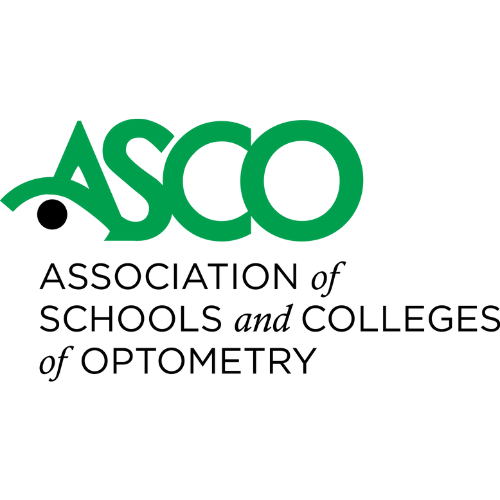|
|
| Academy Chair | Academy Chair-Elect |
|
|
|
Role of Dentistry in Interdisciplinary Health Care
Numerous diseases and disorders manifest in the oro-facial region, either prior to the presence of systemic symptoms, during their presence, or after the systemic symptoms have subsided. Moreover, it has been shown that chronic oral infections play important predisposing roles in the development of such conditions as coronary and valvular heart disease, diabetes, and low birth-weight pregnancy. Significant stress related symptoms and psychosocial reactions may occur too because of chronic oro-facial pain, deformities, and dysfunction. Timely and appropriate dental interventions have improved medical outcomes.
Therefore, the role of Dentistry in interdisciplinary care would include:
- Providing leadership in establishing the philosophy of interdisciplinary health care, with an emphasis on prevention;
- Directing care of patients for diagnosis and treatment of oro-facial disease, disorders and dysfunction;
- Collaborating with other health care professionals in multidisciplinary planning, decision-making and goal/outcomes setting;
- Communicating the knowledge and skills of dentistry and its eight specialties to all health care professionals;
- Identifying competent groups in dentistry able to contribute to the performance and analysis of quality research, outcomes assessment, quality of life issues, and cost benefit relationships of specific treatments;
- Responding to oro-facial diagnosis and/or treatment requests required prior to oncologic therapy, surgery, and other disease treatments where oro-facial pathology can affect corrective treatment outcomes;
- Referring patients for consultation to other disciplines based on dental history and physical examination findings of possible systemic disease, disorder, or dysfunction, and;
- Providing patient and health care professional education on oro-facial care requirements for the prevention of disease and dysfunction.




















